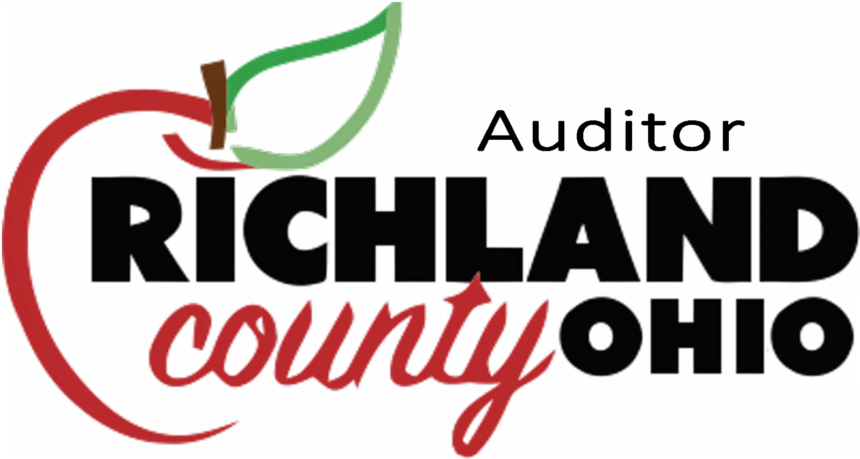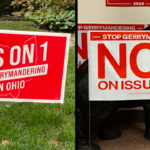The Richland County Auditor plays a crucial role in maintaining financial transparency and accountability within the county. This article explores the responsibilities, functions, and importance of the Richland County Auditor while emphasizing the impact this office has on residents and businesses. Understanding the role of the Richland County Auditor is essential for taxpayers, as it ensures that local government operations remain efficient and effective.
Responsibilities of the Richland County Auditor
It oversees various financial functions, including property assessment, tax calculations, and financial record-keeping. This office is vital in ensuring that public funds are managed properly and that residents are taxed fairly.
Property Valuation and Taxation: It is responsible for assessing property values to determine fair taxation rates. Property taxes fund essential public services, such as schools, emergency services, and infrastructure projects. Accurate property assessments ensure that taxpayers contribute their fair share based on the market value of their property.
Financial Oversight: Itmonitors county finances, ensuring compliance with state and federal financial regulations. This includes maintaining financial records, auditing expenditures, and preparing financial reports to guarantee fiscal responsibility.
Issuing Licenses and Permits: In many cases, the Richland County Auditor also issues business licenses, vendor permits, and dog licenses. These responsibilities help regulate business operations and ensure that businesses comply with local ordinances.
Maintaining Public Records Transparency: It is a key function of the Richland County Auditor. This office maintains public records, allowing residents to access important financial information. By doing so, it fosters trust and accountability in local governance.
Distributing Tax Revenue: Another critical responsibility of the Richland County Auditor is distributing collected tax revenue to various county departments and agencies. This ensures that schools, public safety programs, and other essential services receive adequate funding.
How the Richland County Auditor Benefits Residents
The Richland County Auditor serves as a bridge between the government and taxpayers. Residents benefit in several ways from the efficient functioning of this office:
Fair Taxation: Proper property assessments prevent over-taxation or under-taxation, ensuring fairness in tax collection.
Financial Transparency: It provides access to financial records, allowing citizens to understand how their tax dollars are spent.
Business Support: By issuing business licenses and permits, the Richland County Auditor helps entrepreneurs operate legally and smoothly.
Public Services Funding: The proper distribution of tax revenue ensures that essential services remain operational and adequately funded.
Challenges Faced by the Richland County Auditor
Despite the importance of the Richland County Auditor, this office encounters several challenges:
Keeping Up with Property Market Fluctuations The real estate market is dynamic, and property values can shift rapidly. It must continuously update property assessments to reflect accurate market conditions.
Ensuring Compliance with Regulations Financial laws and tax regulations frequently change, requiring the Richland County Auditor to stay informed and implement necessary adjustments to maintain compliance.
Managing Public Expectations Many taxpayers have concerns about property valuations, tax rates, and government spending. It must address these concerns while maintaining financial integrity.
Technological Advancements With increasing digitization, the Richland County Auditor must adopt new technologies to streamline processes, enhance data security, and improve service efficiency.
How to Contact the Richland County Auditor
Residents who have questions or concerns about property assessments, tax rates, or financial records can reach out to the Richland County Auditor’s office. Most auditors maintain a public office where residents can visit for assistance. Additionally, the official website of the Richland County Auditor provides valuable resources, including property search tools, tax calculators, and contact information.
Conclusion
The Richland County Auditor plays an indispensable role in maintaining financial accountability and supporting public services. By ensuring accurate property assessments, overseeing tax collection, and maintaining financial records, the Richland County Auditor helps create a fair and transparent financial system within the county. Understanding the duties and functions of the Richland County Auditor allows residents to make informed decisions and engage with their local government effectively.






